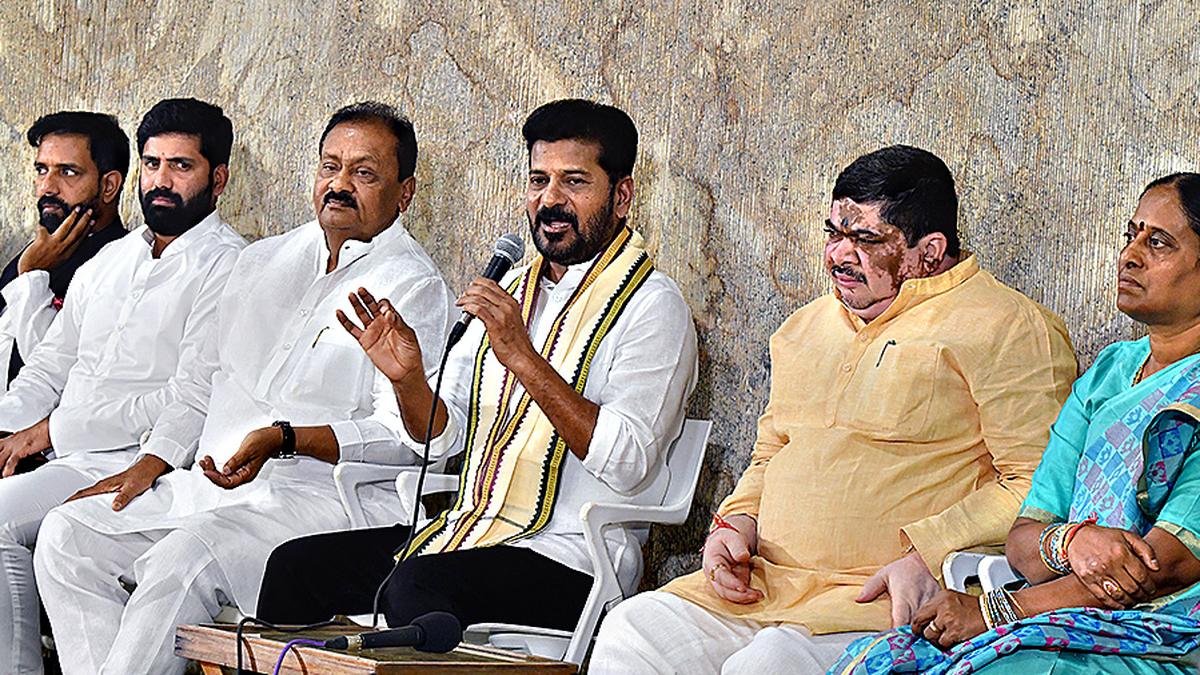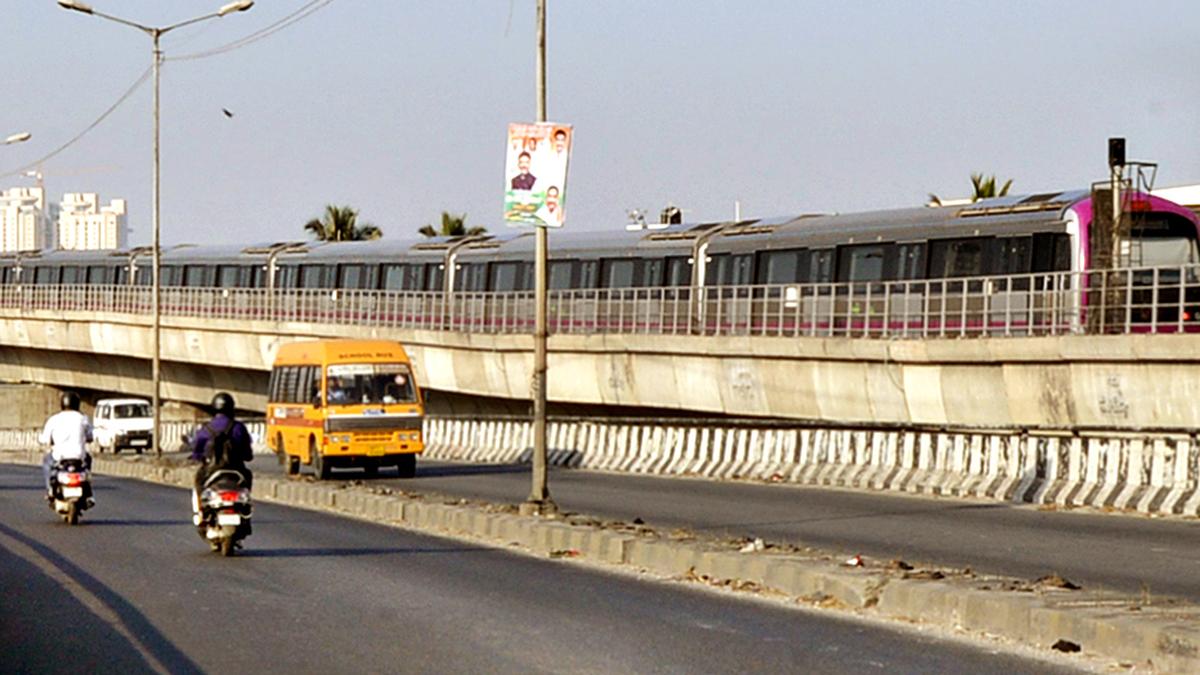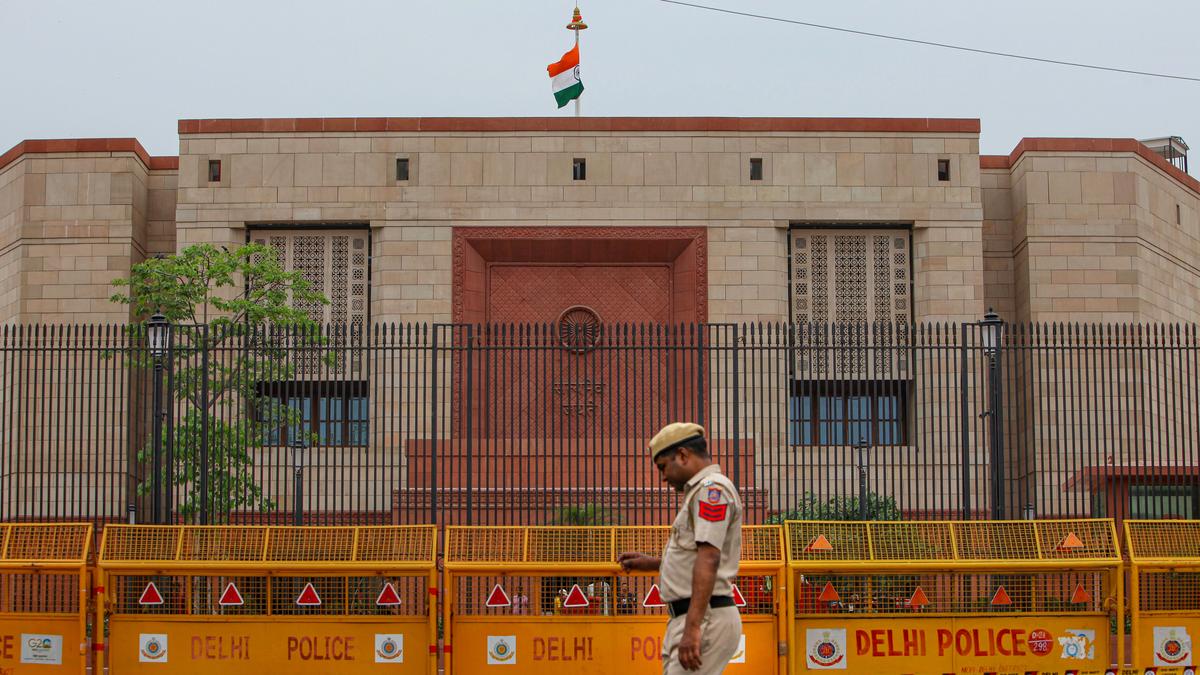Recent data from the Central Drugs Standard Control Organisation (CDSCO), shows that at least 6% of cough syrup samples from 54 Indian manufacturers failed a mandatory quality test for export. This was until October this year. The CDSCO is the regulatory body for cosmetics, pharmaceuticals and medical devices.
“Testing is an ongoing process and is a standardised method to weed out substandard products. Testing before export is now mandatory,” said a Health Ministry official.
India is a global leader in generic medicines and commands a 20% share in global supply by volume, according to Union Health Minister Mansukh Mandaviya.
He said India is indeed the ‘pharmacy of the world’. It supplies a 100 countries with vaccines and 150 countries with medicines of various kinds.
Screening of medicines bound for the export market began earlier this year after quality concerns were raised about cough syrups manufactured in India for export.
Gambia, Uzbekistan, Cameroon and the World Health Organisation (WHO) raised red flags after children who had these drugs, died. prompting the Central government to take remedial action.
The government issued a list of government and private laboratories across the country where samples would be tested before export. Indian manufactured syrups were reported to be contaminated with glycol and ethylene glycol — toxic substances that can sometimes be fatal, especially for children.
According to government data, of the 385 samples tested in the Gujarat lab, 51 were found to be NSQ (not of standard quality), while 29 out of 502 samples failed the quality test in the Ghaziabad lab.
The Central government admitted in Parliament that the WHO had issued a medical product alert for a batch of Guaifenesin Syrup, manufactured by an Indian company.
“CDSCO in coordination with State Drugs Authority, Punjab, conducted a joint investigation at M/s QP Pharmachem Ltd., Punjab. Drug samples taken from plants under the Drugs & Cosmetics Act, of 1940 for testing and analysis were declared as “Not of Standard Quality”. The State Licensing Authority has directed the firm to stop all manufacturing activities with immediate effect,” the government said replying to a question from MP Manickam Tagore.
India’s pharmaceutical sector contributes around 1.72% of GDP and the industry is worth approximately $50 billion with more than half coming from exports. Around 20% of the global demand for generic drugs is met by India.
The Health Ministry has said the pharma industry should strive to maintain the nation’s reputation. Speaking at the closing ceremony of the Indian Pharmaceutical Alliance (24 research-based national pharmaceutical companies), 8th Global Pharmaceutical Quality Summit in Mumbai, the Health Minister stressed the importance of quality. He also praised the responsible approach of the industry during the COVID-19 pandemic.
“Like all other sectors, there are a few people who try to compromise with quality. They should remember that the government has a zero-tolerance policy,” the Minister said. He urged the pharma industry to establish a self-regulatory body to monitor the quality of products.
Sudarshan Jain, secretary general, IPA, said the Indian pharmaceutical industry plays a critical role in shaping the health outcomes of patients globally. “Quality is the fundamental tenet of the pharmaceutical sector. Continuous investments in quality –systems, technology and talent – is fundamental as the overall healthcare landscape is evolving at an unprecedented pace.”

 5 months ago
82
5 months ago
82




